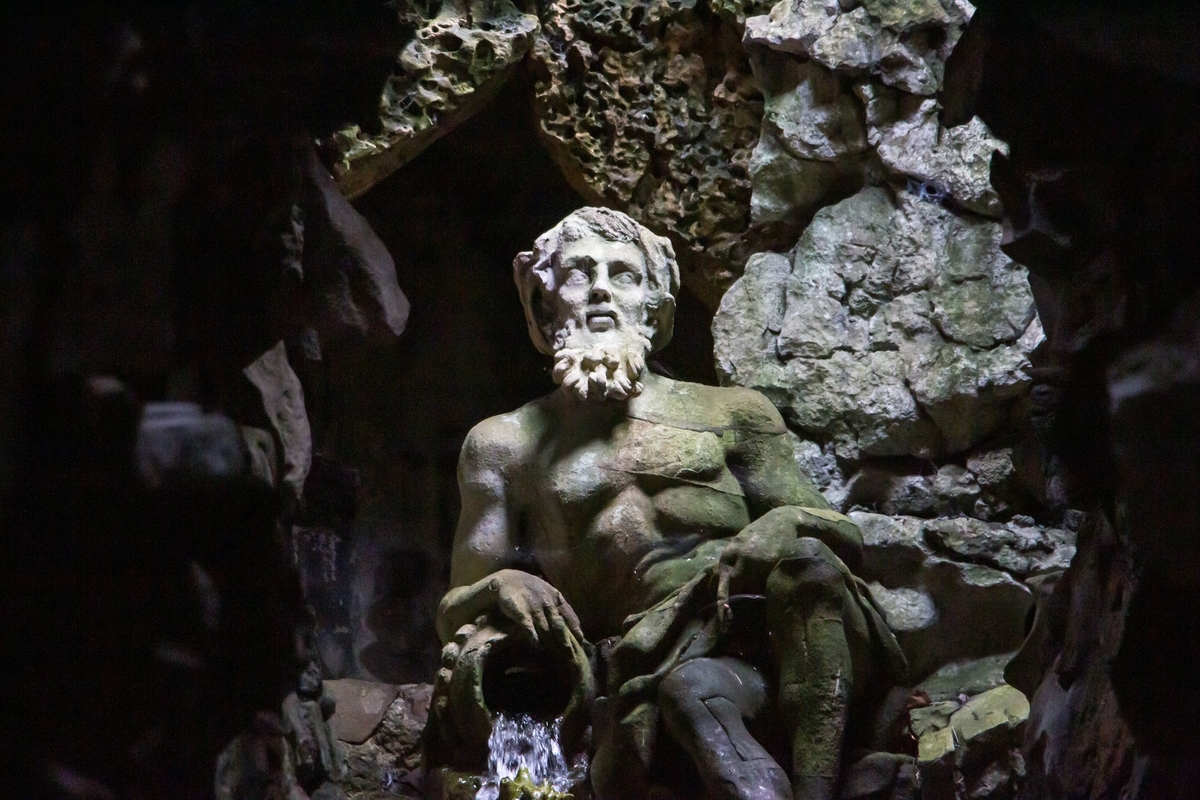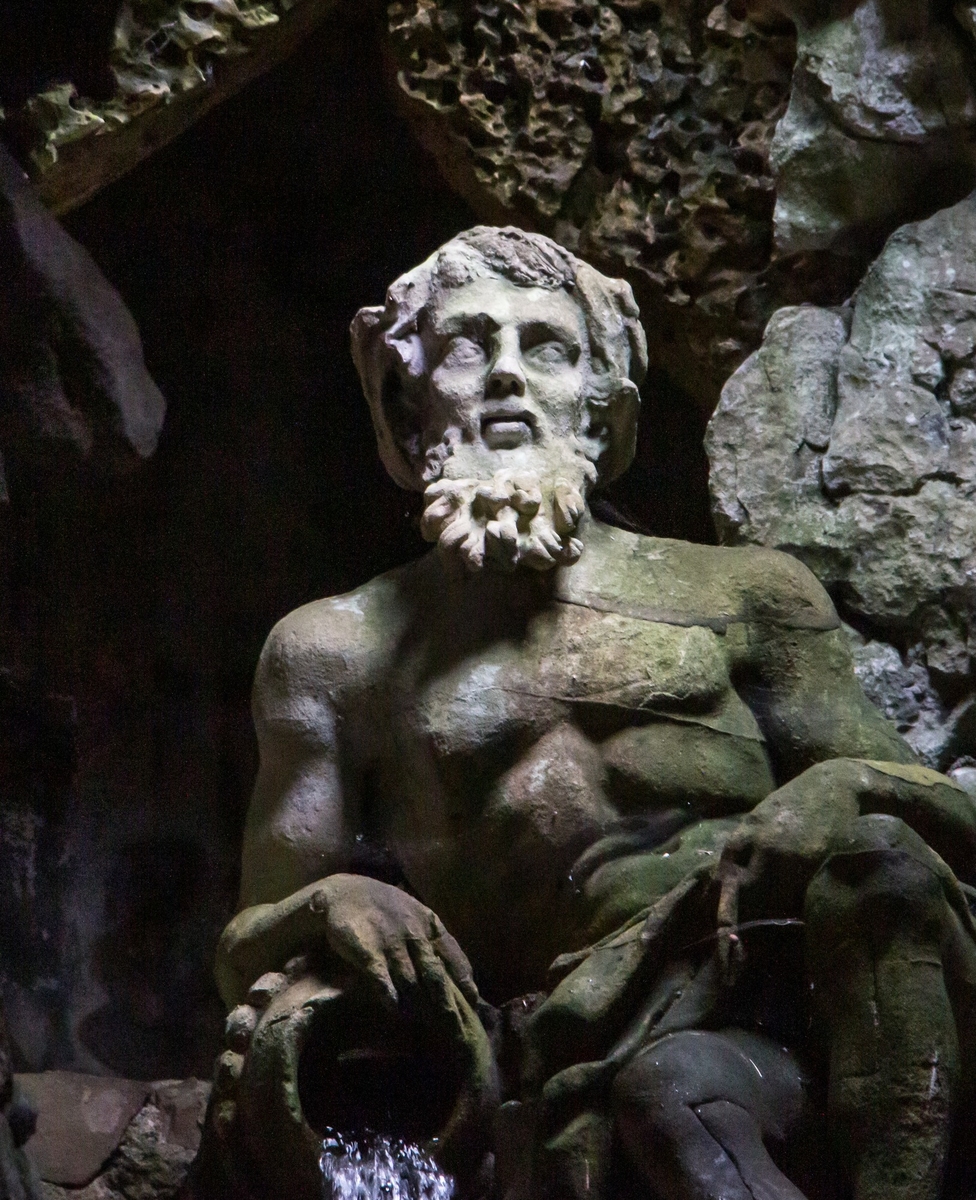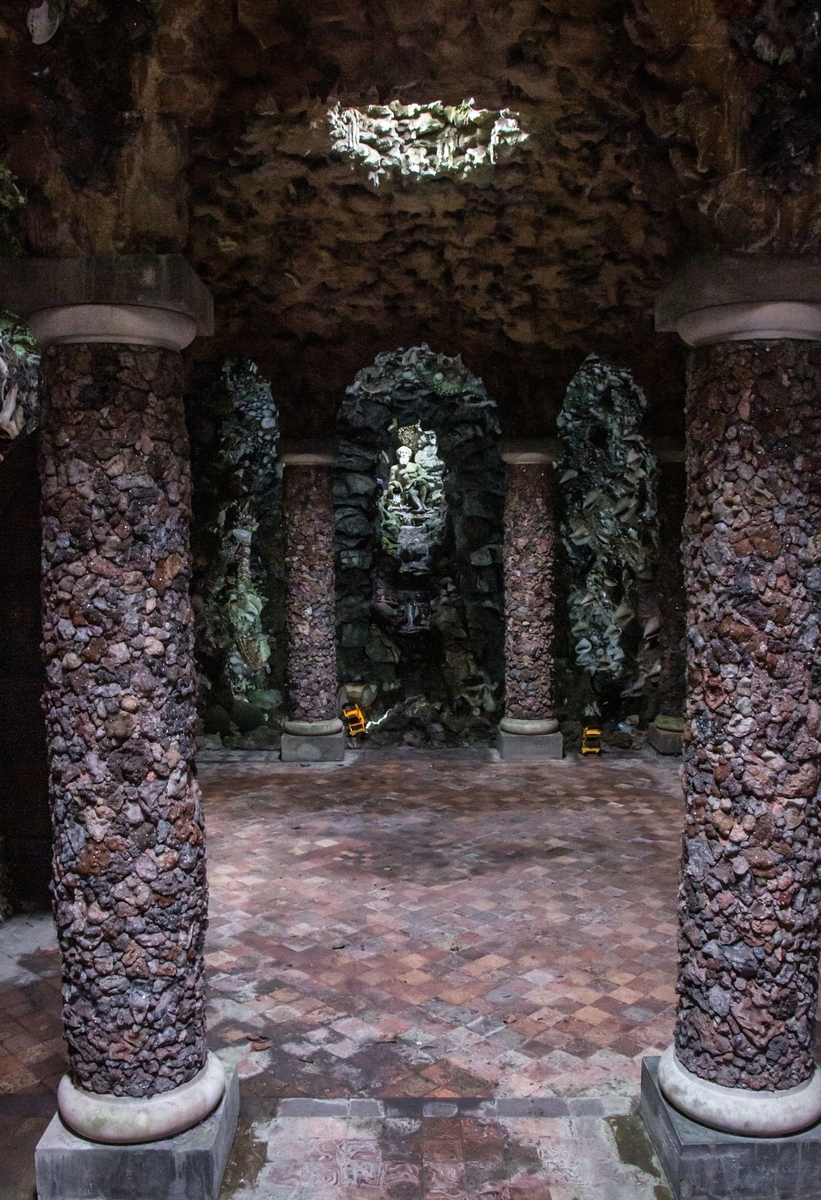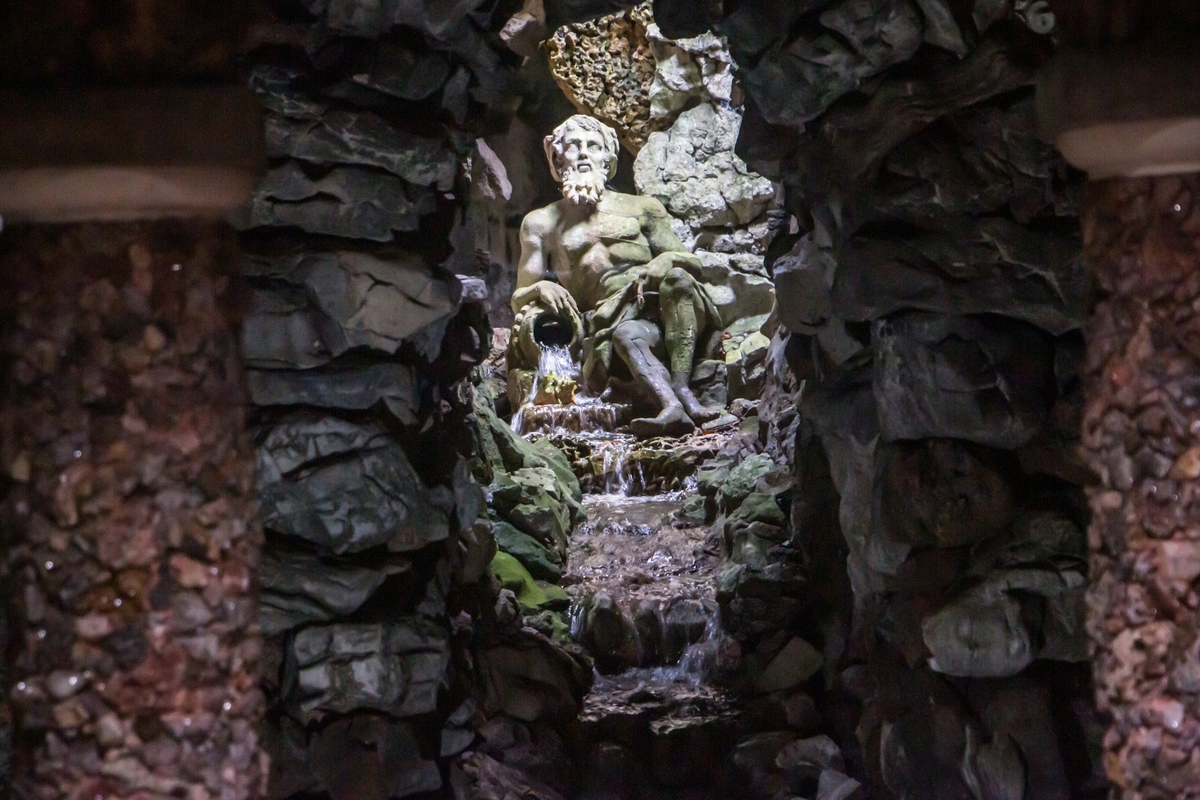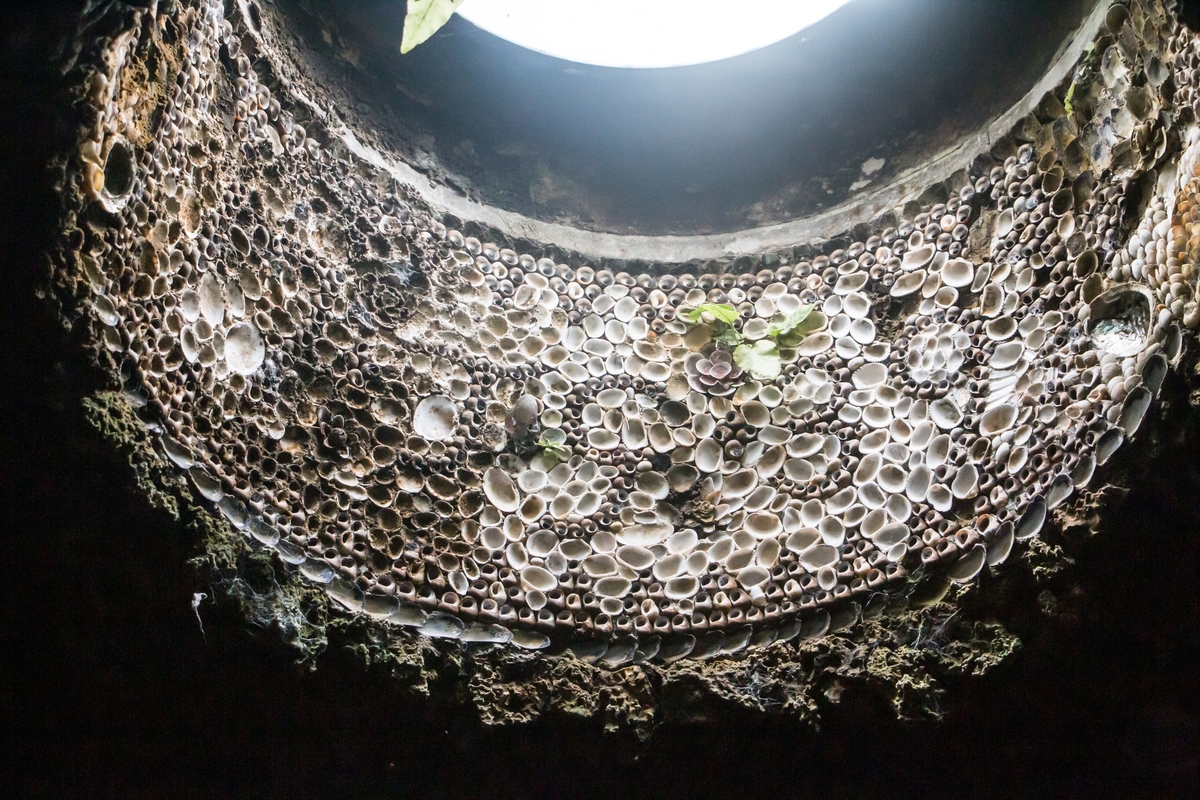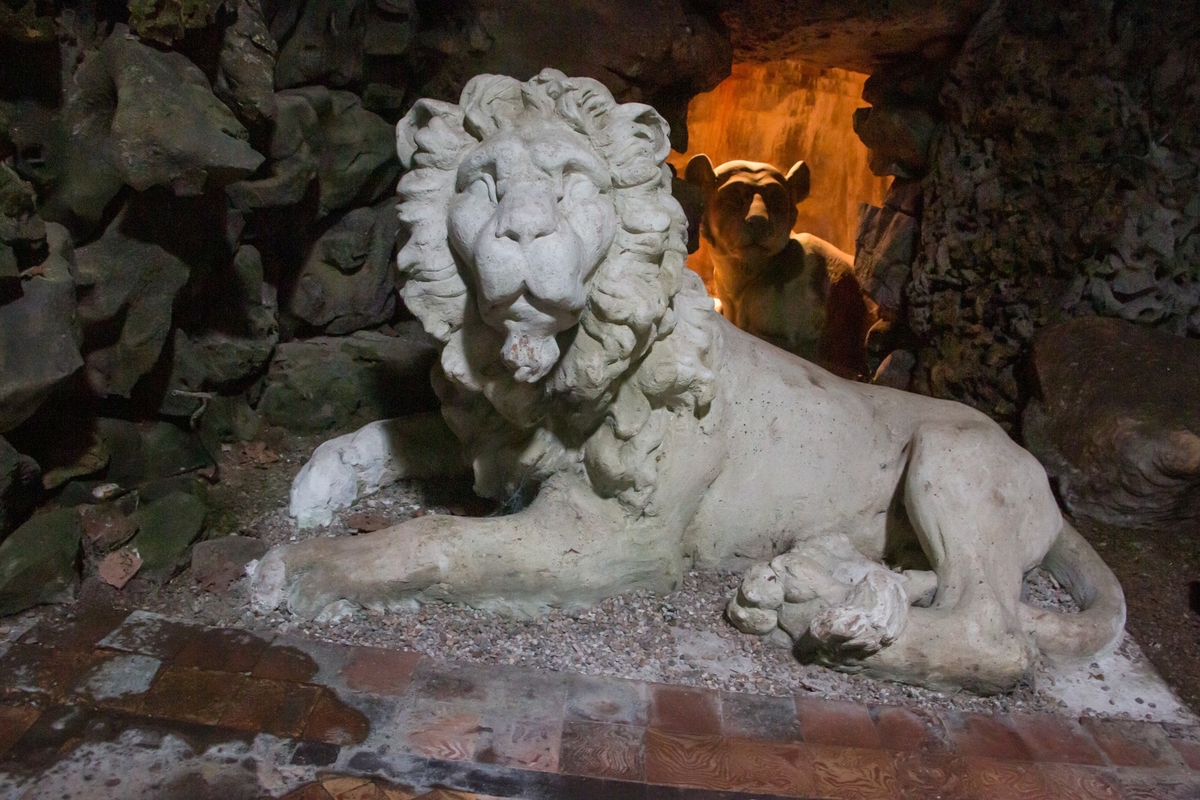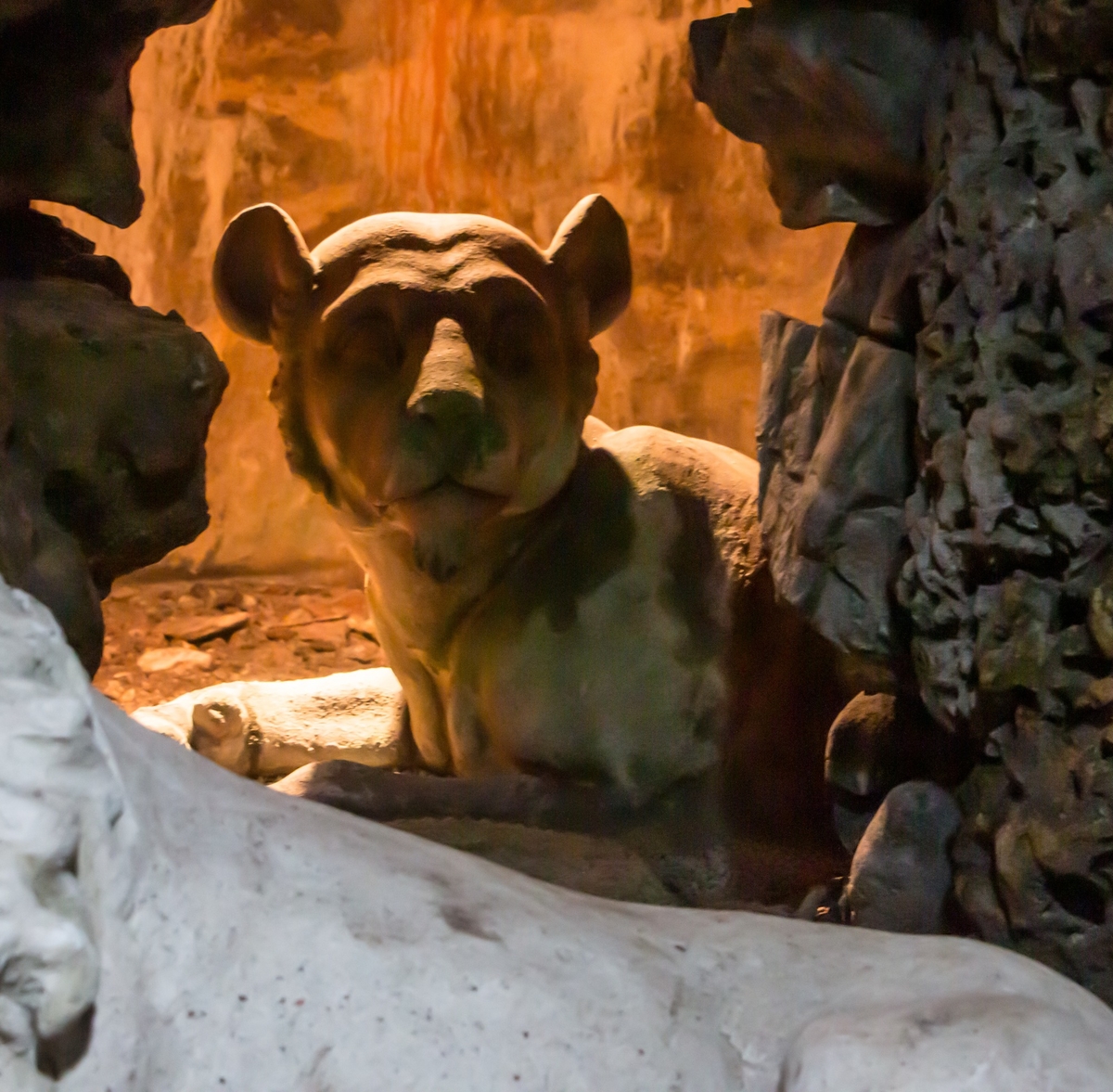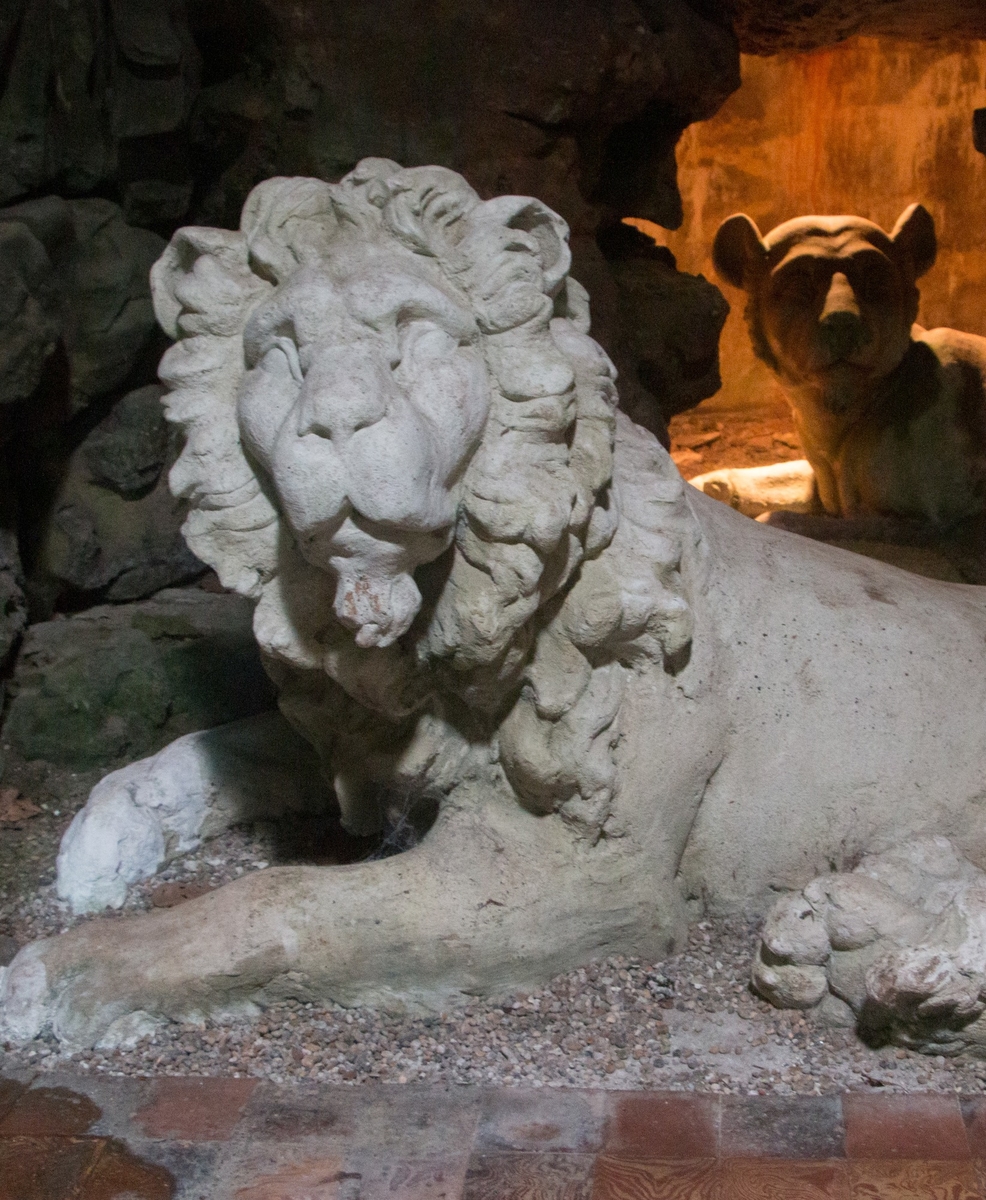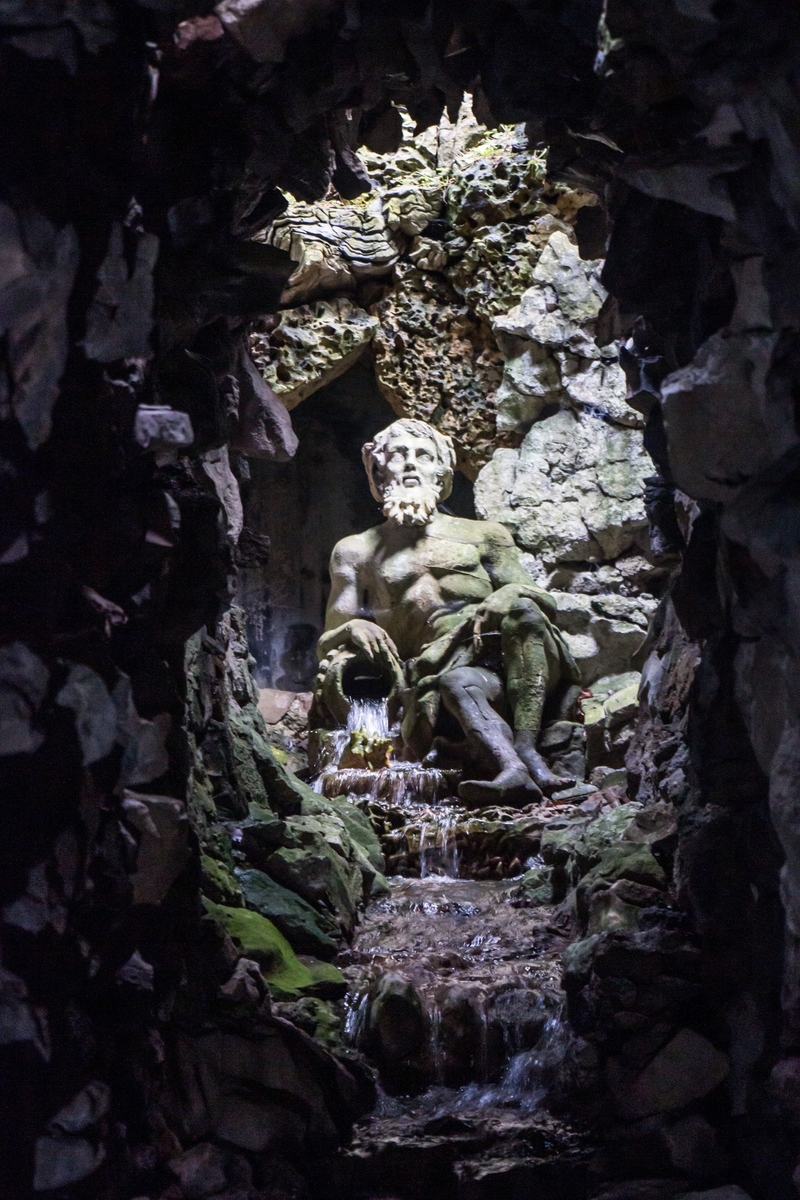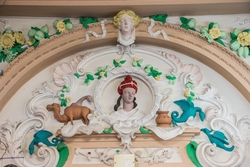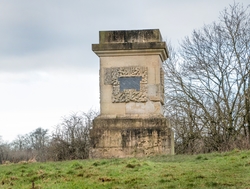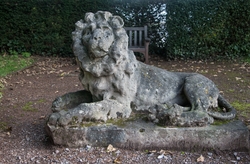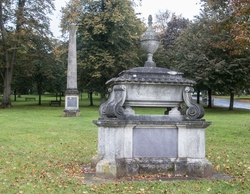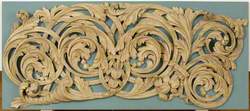How you can use this image
This image is available to be shared and re-used under the terms of the Creative Commons Attribution-NonCommercial licence (CC BY-NC).
This image can be reproduced in any way apart from any commercial uses.
Wherever you reproduce the image or an altered version of it, you must attribute the original creators (acknowledge the original artist(s), the person/organisation that took the photograph of the work) and any other stated rights holders.
Review our guidance pages which explain how you can reuse images, how to credit an image and how to find more images in the public domain or with a Creative Commons licence available.
DownloadNotes
Add or edit a note on this artwork that only you can see. You can find notes again by going to the ‘Notes’ section of your account.
The finest surviving early eighteenth century garden grotto in Britain. Begun in 1737, the basic structure was completed by August 1739. It took some 27 years to complete. The last payment to Thomas Paty, the Bristol mason, statuary and architect, was in 1765 for the completion of the cutting and laying of the grotto’s beautiful ceramic floor tiles. The grotto is decorated inside with shells, quartz and rock crystal – 'Bristol diamonds'. The ashlar entrance has a two-centred arched doorway with two-panel door, similar flanking windows with trefoil heads, and an octofoil central window above, all with hood moulds with uncarved stops. Inside is a very fine pillared hall with fountains, a rock pool, a statue of Neptune and a Lion's Den. In 1762–1765 Thomas Paty was employed in 'grinding, gooping and laying' tiles in the Grotto at Goldney House: '.
Title
Goldney Grotto, River God and Two Lions
Date
1737–1765
Medium
mixed stone & ceramic tile
Accession number
BS8_PF_S148
Acquisition method
commissioned by Thomas Goldney III
Work type
Sculpture
Owner
University of Bristol
Custodian
University of Bristol
Work status
extant
Listing status
Grade I (England and Wales)
Listing date
08/01/59
Access
at all times
